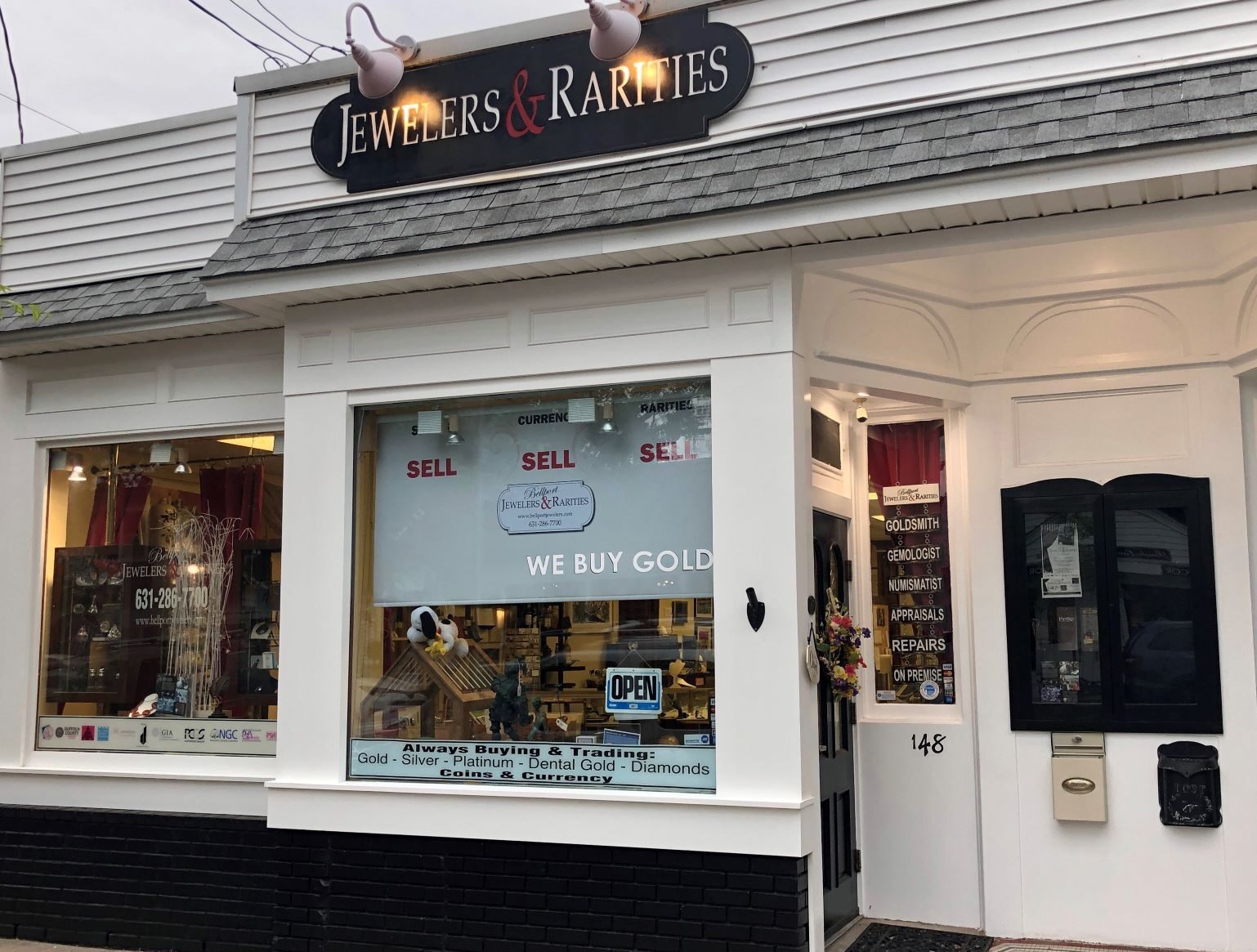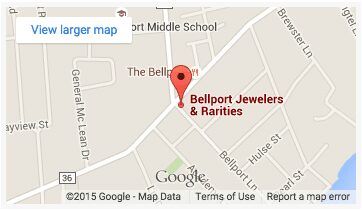Coins
Investing in Rare Coins
Investing in rare coins can be an attractive option for those interested in diversifying their investment portfolios and potentially realizing long-term capital appreciation. However, it’s important to approach coin investment with caution and careful consideration, as it requires knowledge of numismatics, market trends, and risk management. Here are some key points to consider when investing in rare coins:
- Research and Education: Before investing in rare coins, educate yourself about numismatics, including coin grading, authentication, and market trends. Familiarize yourself with reputable sources of information, such as books, websites, and numismatic organizations.
- Quality and Rarity: Focus on acquiring coins with high-quality surfaces, sharp details, and strong eye appeal. Rarity is a crucial factor in determining a coin’s value, so prioritize coins with low mintages, key dates, or historical significance.
- Market Trends and Demand: Stay informed about current market trends and demand for specific types of coins. Monitor auctions, numismatic publications, and online forums to gauge interest in certain coins and identify potential investment opportunities.
- Authentication and Certification: Invest in coins that have been authenticated and graded by reputable third-party grading services such as the Professional Coin Grading Service (PCGS) or the Numismatic Guaranty Corporation (NGC). Certification provides assurance of a coin’s authenticity, condition, and market acceptance.
- Diversification: Diversify your coin portfolio by acquiring coins from different historical periods, denominations, and geographic regions. Spread your investment across multiple coins to mitigate risk and reduce exposure to market fluctuations.
- Long-Term Perspective: Rare coin investment typically requires a long-term perspective, as values may fluctuate over time. Avoid speculative investments and focus on coins with strong track records of appreciation and stability.
- Storage and Security: Store your coin collection in a secure and controlled environment to protect it from theft, damage, and environmental hazards. Consider using bank vaults, safety deposit boxes, or home safes equipped with proper security measures.
- Liquidity and Exit Strategy: Evaluate the liquidity of rare coins and have a clear exit strategy in place. Be prepared to hold onto your coins for an extended period if necessary and consider factors such as selling fees, taxes, and market conditions when planning to liquidate your investment.
- Consultation and Professional Advice: Seek guidance from reputable numismatic experts, dealers, and financial advisors before making significant coin investments. Consultation with experienced professionals can help you make informed decisions and avoid costly mistakes.
- Risk Management: Assess and manage the risks associated with rare coin investment, including market volatility, liquidity constraints, and counterfeit coins. Conduct thorough due diligence and exercise caution when purchasing coins from unfamiliar sources or dealers.
Overall, investing in rare coins can be a rewarding endeavor for collectors and investors alike, offering the opportunity to acquire tangible assets with historical significance and potential long-term appreciation. However, it’s essential to approach coin investment with diligence, prudence, and a well-informed strategy to maximize the chances of success and minimize risk.



